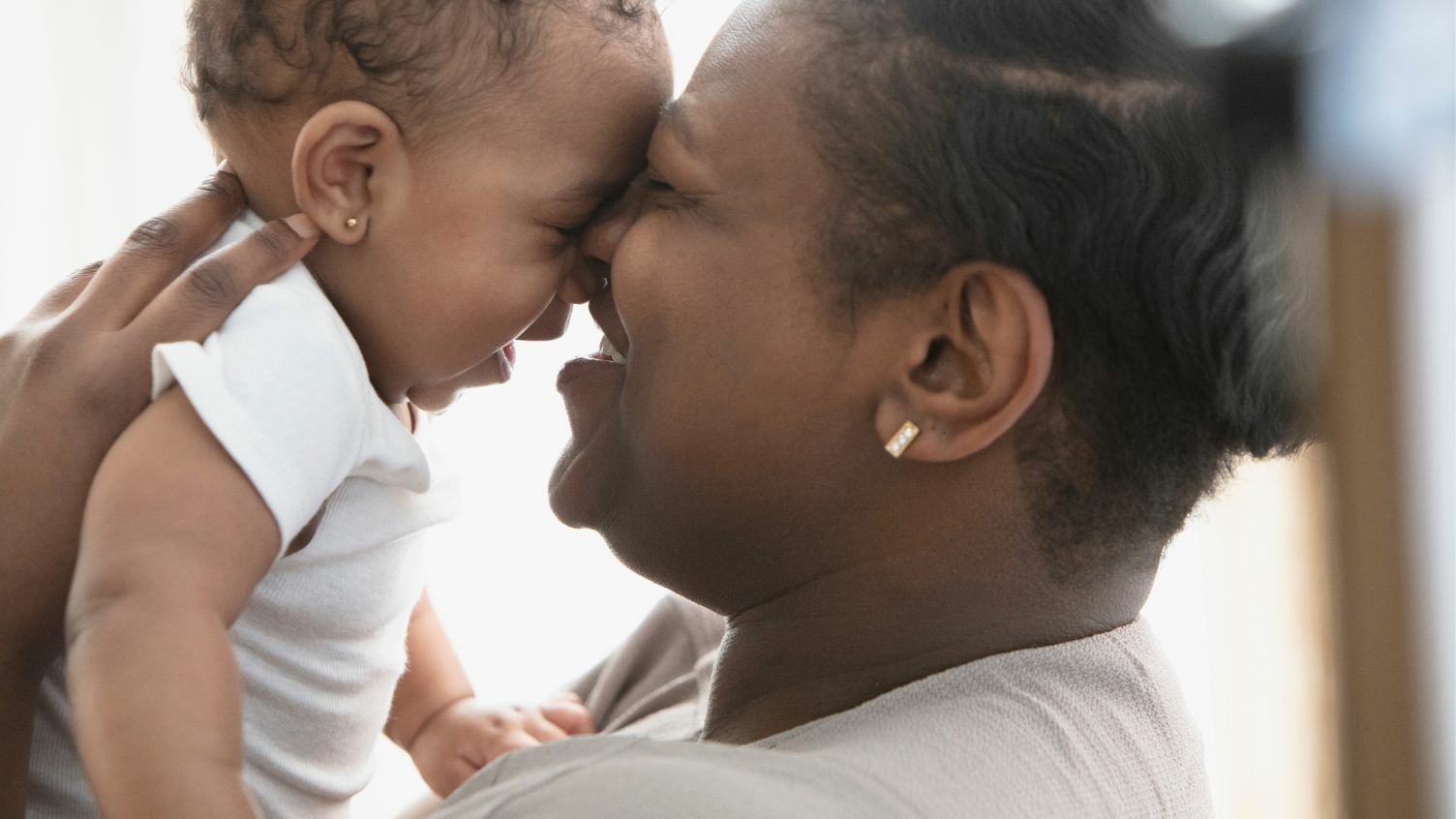NIHR Agile team helps Devon Air Ambulance deliver more lifesaving research in critical care
- 7 August 2024
- 3 min read
Support from the National Institute for Health and Care Research (NIHR) Clinical Research Network is helping bring research opportunities to patients in more places than ever before – including the Helicopter Emergency Medical Service (HEMS) provided by Devon Air Ambulance (DAA).
DAA, which is fully independent from the NHS but works closely with the region’s ambulance service, has been supporting research for a number of years. However, as a charity relying on donations, it has to weigh the importance of supporting research studies against the need to resource its vital role as an emergency service.
Through its Agile Research Team, with expert research staff based across the South West, the Clinical Research Network South West Peninsula (CRN SWP) has been able to support DAA in its research ambitions.
Nigel Lang is an Advanced Paramedic Critical Care with DAA, and has also been the organisation’s Research Lead Paramedic for the last 5-and-a-half years. In addition, Nigel chairs the National HEMS Research and Audit Forum (NHRAF), which has collaborated to establish the top priorities for researchers in the area.
Nigel said: “Not long ago people used to say it was impossible to run high-quality clinical studies in this setting. Now a significant amount of research is being undertaken, and it is changing practice.
“DAA is really behind the idea of research, but of course we have to get the balance right – we need to justify spending money on anything that is not our core activity. That is why it is so great to get this help to deliver research.”
Thanks to Nigel’s efforts, DAA has collaborated on many research projects in the last few years. It is currently delivering 3 NIHR portfolio studies related to critical care during major incidents and out-of-hospital cardiac arrest, with another awaiting approval.
One of these studies, HIPPO (Assessing health inequalities in the prehospital critical care response to out-of-hospital cardiac arrest patients), required a significant time commitment, and Nigel was initially unable to dedicate enough resource to deliver it at DAA. So he got in touch with the CRN SWP to see what help was available.
Sue Merotra, Community Research Nurse in the Agile Research Team was happy to assist.
She said: “In a nutshell, the HIPPO study is looking at health inequalities in prehospital care for cardiac arrest, to see how it could be improved. We are looking at whether ethnicity and deprivation status affects the care people receive, and where critical care teams are based and how long it takes them to get to different neighbourhoods.
“My role is essentially data transfer from DAA to the study records, which would be very time consuming for Nigel and colleagues to do themselves.”
Nigel continued: “This was the first time I’d put in an application for Agile team support. The process was really easy, and the answer was yes.
“We have attended more than 1500 cardiac arrest cases that meet the criteria for HIPPO since DAAT became clinically independent in 2019.
“Cardiac arrests are a very big part of our work and we absolutely should be supporting research in this area. So it is brilliant to be able to call on extra help so we can deliver this study.”
Gail Aldred is the Agile Research Team Leader for Mid Devon. She said: “From an Agile team point of view it was really empowering to be able to support research in a new setting, enriching our offer of research delivery support to organisations within our region. The experience demonstrated a new positive collaborative working relationship, on which to build in the future.”
To contact the CRN SWP Agile Research Team to discuss support for research in your setting, please email rduh.primarycareresearch@nhs.net


